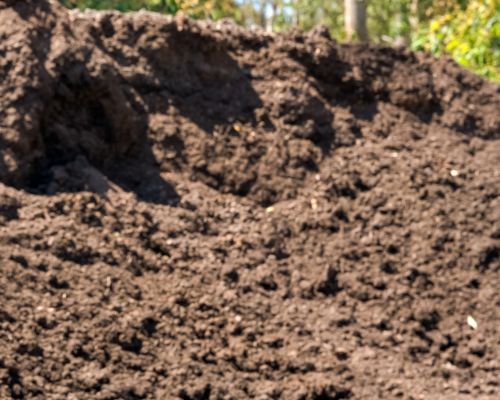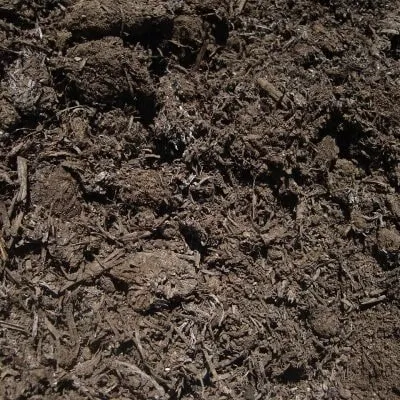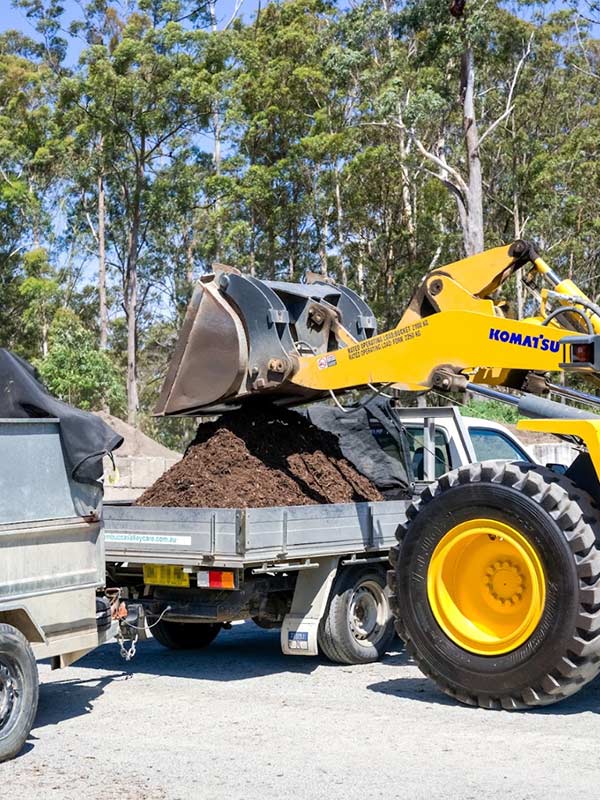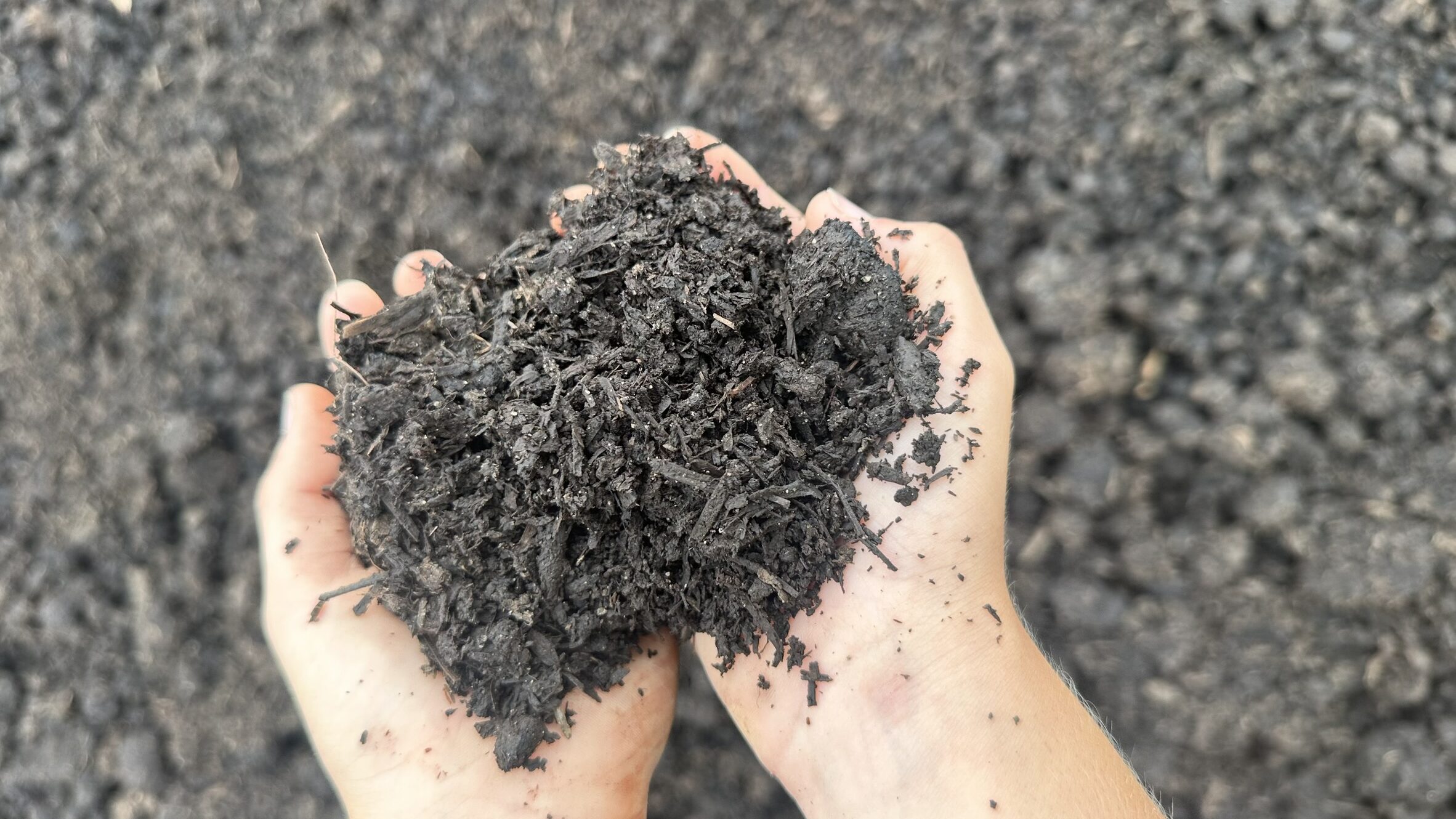How is mushroom compost made and why it works
Mushroom compost is a fantastic addition to any garden. It’s rich in nutrients, improves soil structure, and helps plants grow better. But have you ever wondered how it’s made and why it’s so effective? Let’s get into the simple process of making mushroom compost and the science behind its benefits.
What is mushroom compost?
Mushroom compost, also known as spent mushroom substrate, is a byproduct of mushroom farming. It’s the material left over after mushrooms have been harvested. This compost is full of organic matter and nutrients that plants love.
Ingredients of mushroom compost
The main ingredients of mushroom compost include:
Straw. This is the primary ingredient and provides a good structure for the compost.
Manure. Usually horse or chicken manure is used. It adds essential nutrients.
Gypsum. This helps improve soil structure and provides calcium and sulfur.
Water. Moisture is key for the composting process.
Other materials like corn cobs, cottonseed meal, and even cocoa shells can be added depending on the specific recipe used by the mushroom farm.

The composting process
The process of making mushroom compost involves several steps. Here’s a simple breakdown:
The straw, manure, and gypsum are mixed together. Water is added to keep the mixture moist. This initial mixing starts the decomposition process.
The mixture is then piled up and allowed to compost for about two to three weeks. During this time, the temperature inside the pile rises due to microbial activity. This heat helps break down the materials and kill any weed seeds or harmful pathogens.
The compost pile is turned several times during this phase. Turning helps aerate the compost, which is important for the microbes that decompose the organic matter. It also makes sure that all parts of the pile get evenly composted.
After the initial composting phase, the material is pasteurised. This involves heating the compost to a specific temperature to kill any remaining pathogens and weed seeds. This step makes sure the compost is safe and clean for mushroom growing.
Once the compost is ready, mushroom spores are added. The compost is placed in growing beds or containers, and the spores are allowed to colonise the material. This phase takes a few weeks, during which the mushrooms start to grow.
When the mushrooms are mature, they are harvested. The leftover compost, now called spent mushroom substrate, is what we refer to as mushroom compost.

Why it works
Mushroom compost is effective for several reasons. Here’s a look at the science behind its benefits:
This organic matter is packed with nutrients like nitrogen, phosphorus, potassium, and trace elements. These nutrients are important for plant growth and help improve soil fertility.
The organic matter in mushroom compost helps improve soil structure. It makes clay soils lighter and better draining, while also helping sandy soils retain moisture and nutrients.
Organic soil is teeming with beneficial microbes. These microbes continue to break down organic matter in the soil, releasing nutrients that plants can absorb. They also help suppress harmful soil pathogens.
The organic matter helps soil retain water. This is especially beneficial in dry climates or during periods of drought.
By improving soil structure and increasing organic matter, mushroom compost helps reduce soil compaction. This allows plant roots to penetrate deeper into the soil, improving their access to water and nutrients.
Using mushroom compost is a great way to recycle organic waste. It reduces the need for chemical fertilisers, which can be harmful to the environment.
How to use compost
Using mushroom compost in your garden is easy. You could mix compost into your garden soil to improve its structure and fertility. Aim for a ratio of about 1 part compost to 3 parts soil.
Another way is to spread a layer of mushroom compost around your plants as mulch. This helps retain moisture, suppress weeds, and slowly adds nutrients to the soil as it breaks down.
Or add mushroom compost to your potting mix for container plants. It provides a nutrient boost and improves moisture retention. You could also sprinkle this organic matter over your lawn or garden beds as a top dressing. This adds organic matter to the soil and helps keep plants healthy.
And lastly, make a nutrient-rich compost tea by steeping organic matter in water. Use the liquid to water your plants for an extra nutrient boost.
Tips for using compost
While mushroom compost is beneficial, here are a few tips to keep in mind. Don’t use too much of it. Mushroom compost can be high in salts, which can be harmful to plants in large quantities. Use it sparingly, especially for young or sensitive plants. And always mix this organic matter with other soil or compost to dilute the salts and balance the nutrient levels.
Before adding large amounts of organic matter, test your soil to determine its nutrient needs. This helps avoid over-fertilising and makes sure your plants get the right balance of nutrients.
When using this organic matter as a mulch, keep it a few inches away from the base of plants to prevent root burn.

Mushroom compost is a valuable resource for gardeners. It’s rich in nutrients, improves soil structure, and helps plants thrive. By understanding how it’s made and why it works, you can make the most of this fantastic compost in your garden. Whether you’re amending your soil, mulching your plants, or making compost tea, this organic matter is a simple and effective way to boost your garden’s health. Happy gardening!
We stock mushroom compost, screened poultry manure, and premium compost. These high-quality composts are perfect for improving your garden soil and helping your plants grow strong and healthy. Contact us to talk to our compost experts in Coffs Harbour. If you’re near one of our other stores, reach out to them for prices and more details. We’re here to help you choose the best compost for your gardening project.

